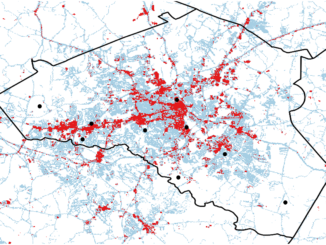Early antiretroviral therapy and potent second-line drugs could decrease HIV incidence of drug resistance
Drug resistance is an immediate issue that has faced our healthcare system since antiviral treatments began. In the 1980s, AIDS and HIV became prominent issues in the United States, and in 1995 antiretroviral therapy (ART) was introduced to slow down the virus from attacking the CD4+ T cells. This has […]










